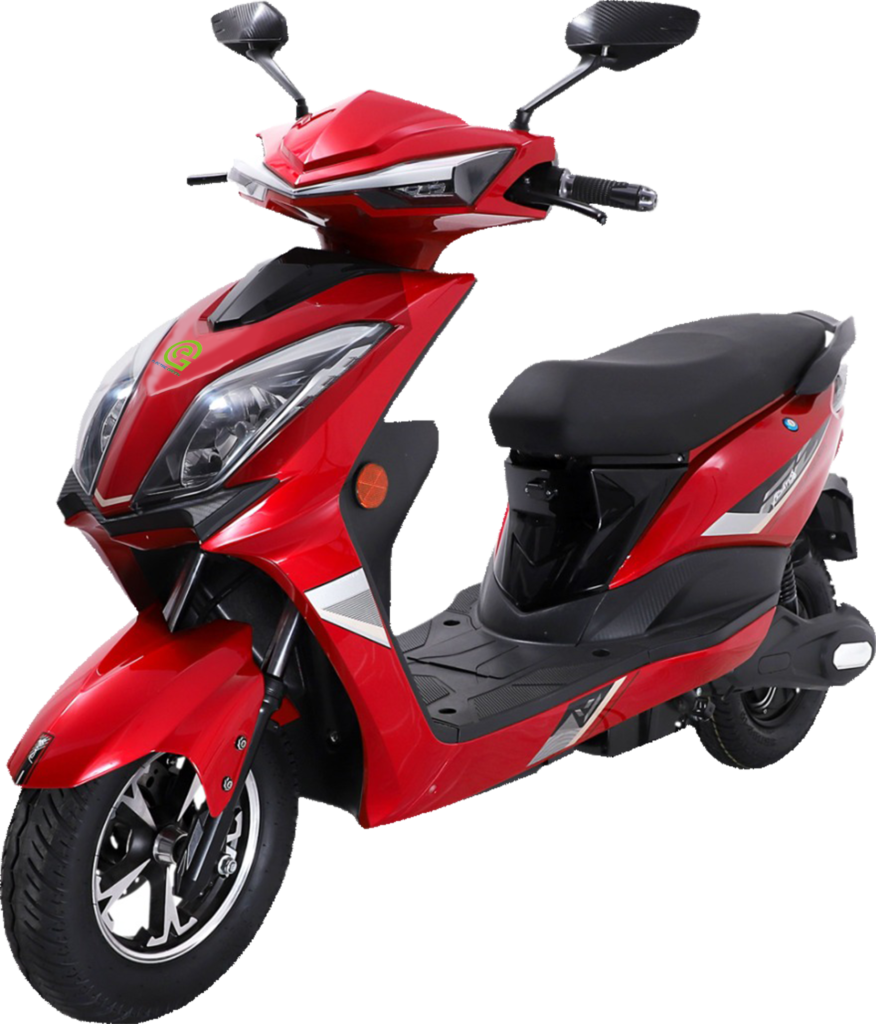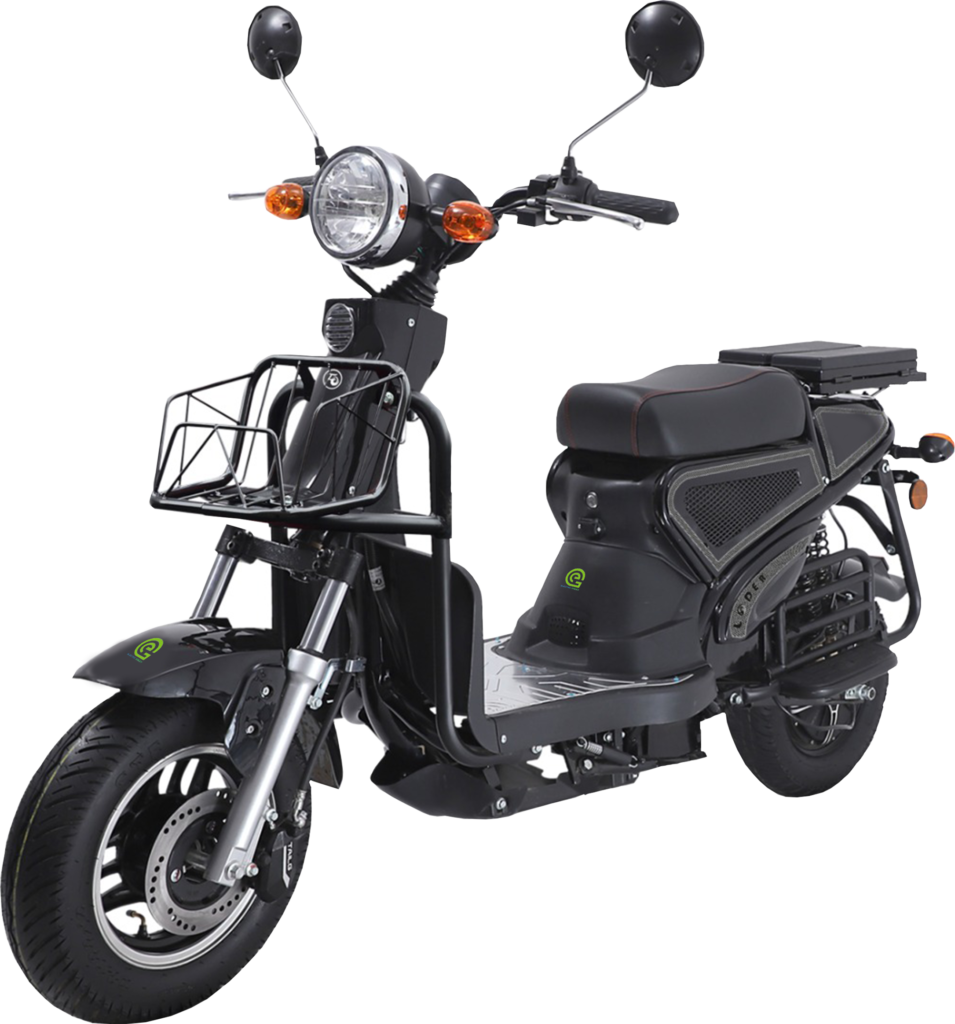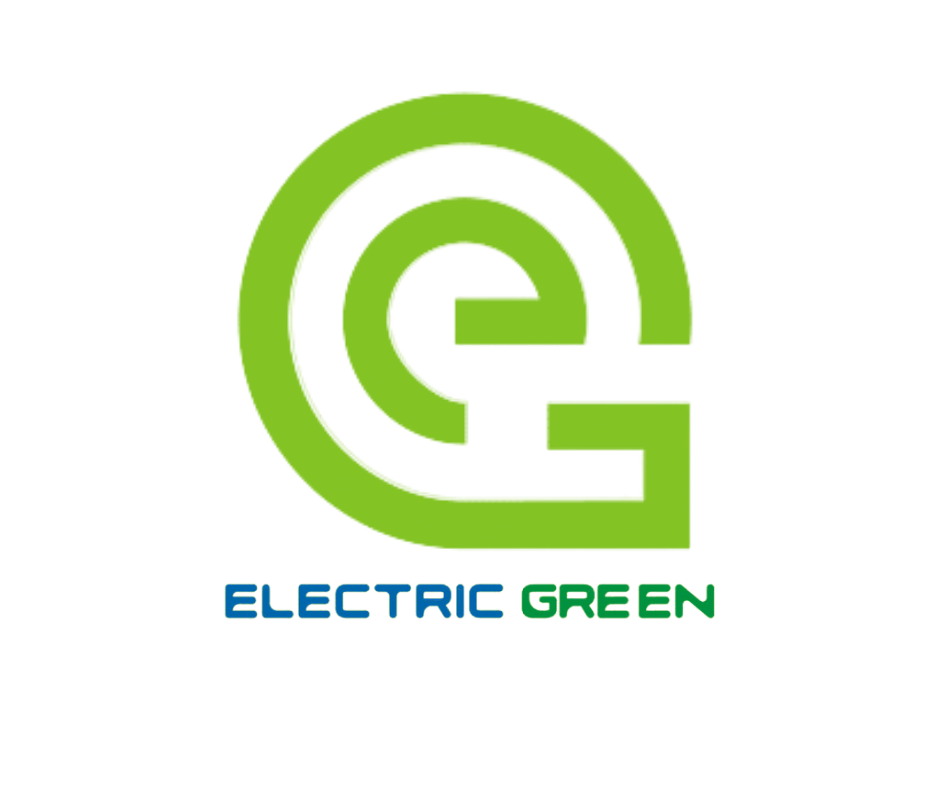I. Introduction
Here in “From Myth to Reality: Debunking Electric Vehicle Misconceptions” blog you’ll address number myths and misconception! Electric Vehicle (EVs), including electric scooters, and e-rickshaws, have emerged as revolutionary alternatives to traditional combustion engine vehicles. The global shift towards sustainable transportation has propelled the popularity of these eco-friendly options. However, despite their numerous advantages, there exist prevalent misconceptions that hinder their widespread acceptance.
The rise of EVs signifies a pivotal moment in the automotive industry, driven by the need for cleaner, more sustainable modes of transportation. From city streets to rural areas, electric mobility solutions are gaining traction, promising reduced emissions and a more environmentally conscious approach to commuting.
Yet, amidst this promising trend, misconceptions persist. These misconceptions often revolve around concerns regarding range limitations, charging times, performance capabilities, and perceived cost inefficiencies associated with electric vehicles. here in “From Myth to Reality: Debunking Electric Vehicle Misconceptions” blog you’ll address number myths and misconception!

II. Understanding Electric Vehicles: Debunking Misconceptions
Myth 1: Limited Range
Misconception:
Initially, Debunking Electric Vehicle Misconceptions of early EV models has constraints when it came to mileage on a single charge, contributing to this perception.
Reality:
Advancements in the battery technology have reshaped this aspect of electric mobility. Modern electric vehicles, including electric scooters, and e-rickshaws, have witnessed significant improvements in battery efficiency and energy storage capacity. These innovation have substantially increased the range of EVs, allowing them to cover impressive distances on a single charge.

Technological Advancements:
Manufactures have introduced cutting-edge battery technological that extend the range of electric vehicles. Lithium-ion batteries, for instances, have undergone remarkable enhancement, enabling EVs to achieve longer ranges while maintaining efficiency. Regenerative braking systems and energy- recapturing mechanisms have further optimized energy utilization, enhancing overall range capabilities.
Myth 2: High Charging Time
Misconception:
There’s a common belief that electric vehicles compromise on performance compared to traditional vehicles.
Reality:
Charging infrastructure has rapidly evolved, introducing fast-charging solutions that reduce charging times significantly. Accessible charging stations equipped with rapid-charging technology have emerged, making the charging process more convenient for EV users.
Advancements in infrastructure:
The evolutions of charging infrastructure has played a crucial role in reducing charging durations. With the introduction of fast-charging stations, EV users can recharge their vehicles swiftly, making electric mobility more practical for daily use and longer journeys.

Myth 3: Limited Performance
Misconception:
There’s a common belief that electric vehicles compromise on performance compared to traditional vehicles.
Reality:
EVs, electric scooters, and e-rickshaws offer impressive acceleration and torque, delivering a smooth driving experience. Electric motors provide instant torque, enhancing their on-road performance. These vehicles showcase efficiency, agility and responsiveness, challenging the myth of compromised performance.
Enhanced Driving Experienced:
The exceptional performance capabilities of electric vehicles, coupled with their responsive acceleration, debunk the misconception of limited performance.

Myth 4: Cost Inefficiency
Misconception:
There’s a misconception about the high cost of electric vehicles.
Reality:
While the initial purchase cost of EVs may seem higher, their operational and maintenance costs are substantially lower. With fewer moving parts and reduced maintenance expenses.
Long-Term Cost Savings:
A comparison of operational and maintenance costs showcases the cost efficiency of electric vehicles. The reduced need for regular maintenance and the absence of fuel costs contribute to substantial long-term savings for EV owners.
III. The Reality of Electric Mobility
1: Environmental Sustainability
Electric Vehicles (EVs) stand as a beacon of hope in the battle against climate change. Their adoption significantly contributes to reducing carbon emissions and fostering a cleaner environment.
- Reducing Carbon Emissions: EVs, by relying on electricity as their primary source of power, notably diminish carbon emissions. The absence of tailpipe emissions minimizes the release of greenhouse gases
- Impact of Electric Scooters and E-Rickshaws: These Smaller electric vehicles play a substantial role in reducing the carbon footprint in urban settings. Electric Scooters and E-Rickshaws, tailored for short commutes and local transportation, substantially decrease emissions in densely populated areas, promoting cleaner air quality and reduced noise pollution.
2: Technological Advancements
Electric Mobility continues to witness remarkable technological advancements, ushering in a new era of innovation and efficiency.
- Smart Features and Connectivity: EVs integrate cutting-edge technologies, offering smart features and connectivity options. From advanced navigation systems to remote monitoring and control, these vehicles provide a seamless and connected driving experience, enhancing convenience & Safety.
- Continuous Evolution of Electric Vehicle Technology: The Evolution of electric vehicles technology is an ongoing process. Innovations in battery efficiency, range improvements, and more sustainable materials constantly reshape the landscape of electric mobility, promising even more efficient and reliable vehicles in the future.

IV. Conclusion
The transition to electric mobility represents more than just a shift in transportation—it signifies a fundamental step towards a sustainable and eco-conscious future.

Significance of Electric Mobility: Embracing electric vehicles, electric scooters, and e-rickshaws holds immense significance in reducing our carbon footprint and combating climate change. Their adoption heralds a departure from fossil fuel reliance, paving the way for cleaner, greener transportation alternatives.
Positive Impacts on the Environment: The positive environmental impacts of electric vehicles are undeniable. By significantly reducing carbon emissions and curbing air pollution, EVs contribute to creating healthier and more sustainable living environments. Electric scooters and e-rickshaws further augment these benefits, particularly in urban areas, fostering cleaner air and quieter streets.
Technological Advancements: Electric mobility isn’t just about reducing emissions—it’s also about technological innovation. The continuous advancements in electric vehicle technology, from improved batteries to smart features and connectivity, showcase a path of progress. This evolution not only enhances the driving experience but also propels technological advancements across industries.
In essence, the transition to electric mobility isn’t merely about changing the way we move; it’s about transforming our relationship with the environment and technology. Embracing electric vehicles represents a proactive step towards a more sustainable, cleaner, and technologically advanced future.

By collectively advocating for and adopting electric mobility solutions, we contribute to a global movement striving for a healthier planet and a more innovative, sustainable way of living.
To Become an Authorized Electric Green 2 wheeler/ 3wheeler dealer/ distributor, contact us on 1800 890 6232!






